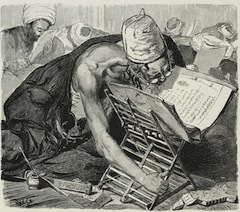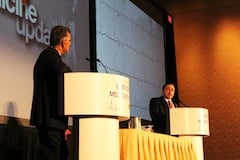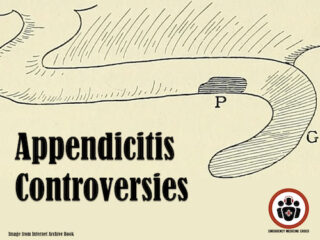EM Cases emergency medicine education podcast
Best Case Ever 28: Anti-NMDA Receptor Encephalitis
Dr. David Carr presents his second of Carr's Cases. This series features some potentially life-threatening diagnoses that may be perceived as zebras, but actually have a higher incidence then we might think - and if diagnosed early, can significantly effect patient outcomes. This Best Case Ever is about Anti-NMDA Receptor Encephalitis, a diagnosis that was only discovered in 2005, and has only recently been recognized by the Emergency Medicine community. Anti-NMDA Receptor Encephalitis may mimic a first presentation of schizophrenia or Neuraleptic Malignant Syndrome. It may present with seizure, altered mental status, autonomic instability or movement disorder in the absence of drug exposure. When you are faced with any of these presentations and no other diagnosis seems to fit, do an LP and send the CSF for anti-NMDA receptor antibodies. The time-sensitive treatment is IVIG and steroids. Anti-NMDA receptor Encephalitis is a must know diagnosis for all emergency medicine practitioners. Learn how to pick up this important diagnosis by listening to Dr. Carr's Best Case Ever and following the links to further resources.










